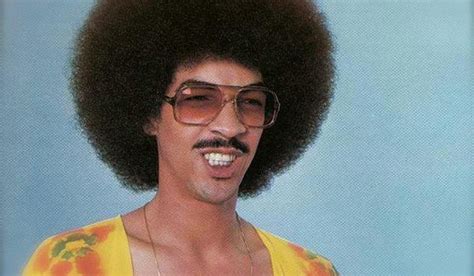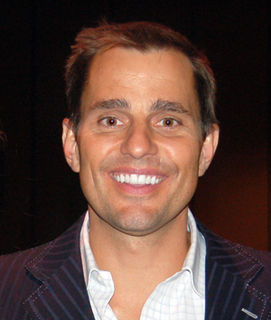A Quote by Tyler Perry
The thing about using other people's money is they're going to set the rules.
Related Quotes
Usually naive interviewers hover between two mutually contradictory convictions: one, that a text we call creative develops almost instantaneously in the mystic heat of inspirational raptus; or the other, that the writer has followed a recipe, a kind of secret set of rules that they would like to see revealed. There is no set of rules, or, rather, there are many, varied and flexible rules.
Interesting thing that is happening in American society is that people are starting to talk about money. I don't know how you feel about this, but for a long time, nobody was talking about money. It was a secret. And it's kind of very interesting because we do lots of stuff to portray to people about how much money we have, the clothes we wear and the cars we have and the house - they all kind of depict to other people, signal how much money we make, but we don't talk about it specifically.
Artificial intelligence is based on the assumption that the mind can be described as some kind of formal system manipulating symbols that stand for things in the world. Thus it doesn't matter what the brain is made of, or what it uses for tokens in the great game of thinking. Using an equivalent set of tokens and rules, we can do thinking with a digital computer, just as we can play chess using cups, salt and pepper shakers, knives, forks, and spoons. Using the right software, one system (the mind) can be mapped onto the other (the computer).
Artificial intelligence uses a complex set of rules - algorithms - to get to a conclusion. A computer has to calculate its way through all those rules, and that takes a lot of processing. So AI works best when a small computer is using it on a small problem - your car's anti-lock brakes are based on AI. Or you need to use a giant computer on a big problem - like IBM using a room-size machine to compete against humans on Jeopardy in 2011.
Using the phrase business ethics might imply that the ethical rules and expectations are somehow different in business than in other contexts. There really is no such thing as business ethics. There is just ethics and the challenge for people in business and every other walk in life to acknowledge and live up to basic moral principles like honesty, respect, responsibility, fairness and caring.
That's why every society on the planet has very definite rules, ideas about how sex should be regulated, how sex should be expressed, what's okay, what's not okay. And I guess we do live in a place, and have for a long time, where there's more openness and there's more willingness to tolerate different kinds of behavior, but with that comes people creating other rules and other kinds of controls. It's always going to be a question of what's acceptable and what isn't and what's the danger point and what rouses people's contempt and what people are allowed to get away with.




































